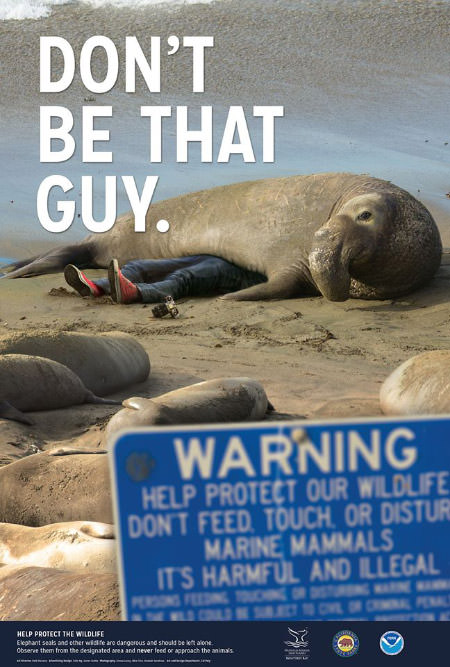
How can you distinguish between nature or wildlife tourism, and true ecotourism?
The first two may occur in a natural setting, but if our actions or presence impact nature then they are not true ecotourism. For example, attracting wildlife, staging photo "action" shots, feeding animals, and altering habitats are not ecologically sound practices. True ecotourism is an ethic, not just an experience: it’s sustainable and it does not harm the wildlife or habitats.
Ecotourism provides enriching personal experiences and promotes environmental awareness through interpretation and a deeper appreciation for nature. It can provide economic incentives to conserve species and restore biodiversity. It can also help protect the natural and cultural heritage of our complex and changing planet. So, given the chance and some helpful guidance, you can make your wildlife adventure a true ecotour!

